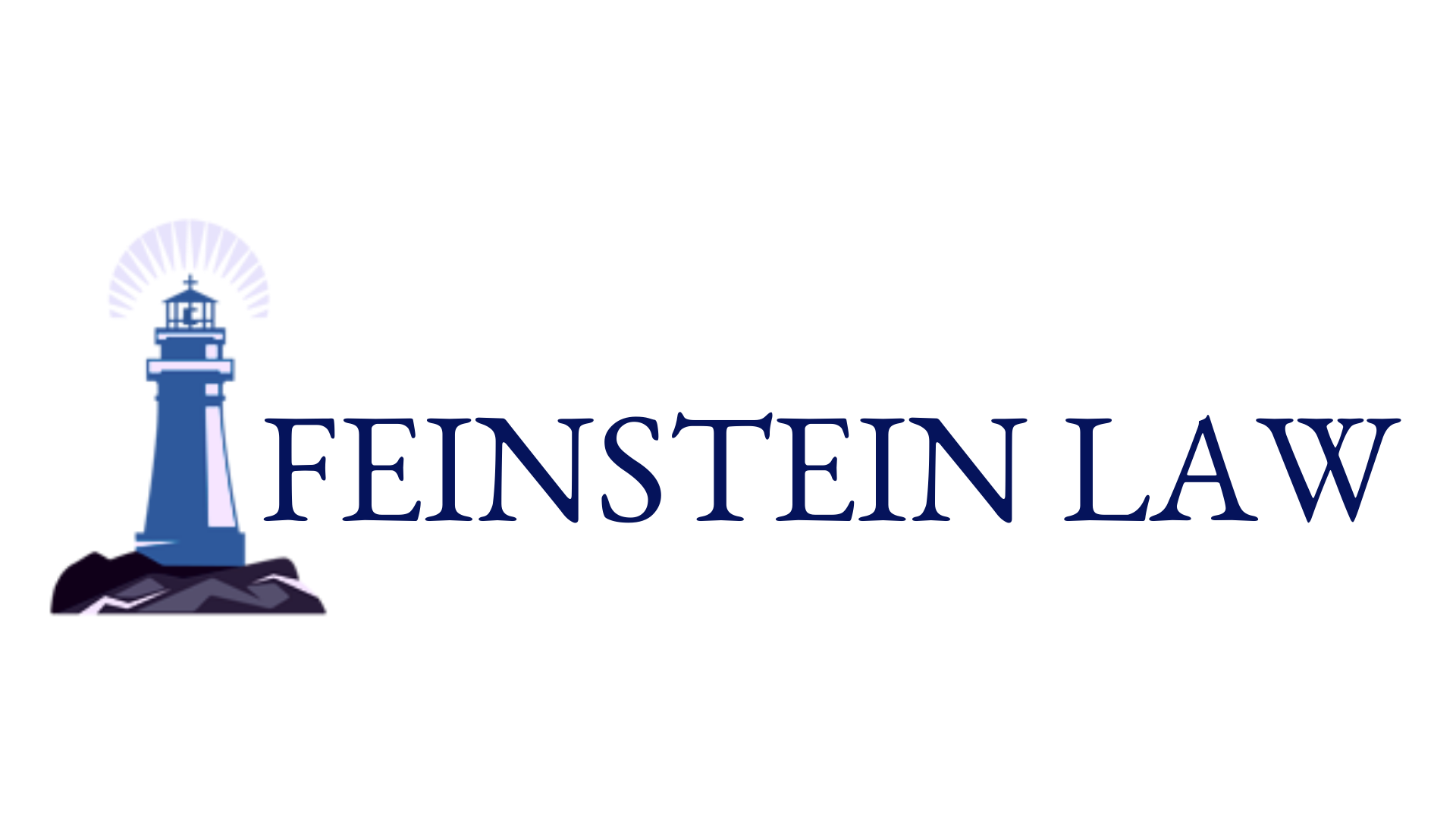On August 15, 2014, the Depository Trust Company (“DTC”) withdrew the Proposed Rules, as amended by Amendment Nos. 1 and 2 (SR-DTC-2013-11). These rules, had they been implemented, would have given issuers advance warning of a DTC Chill or Global Lock (sometimes referred to as a DTC Freeze) being placed on the suspect security and the ability to address the grievance with the DTC. The ability to know when, why, and have the opportunity to challenge a potentially devastating investing event like a chill or lock would have been instrumental in placing a company ahead of an adverse market reaction and could have allowed for a greater understanding of the powerful sanctions and potentially prevent them from occurring.
What is the Depository Trust Company?
In 1973, in response to the “paper crisis” that nearly crippled Wall Street, the Depository Trust Company or DTC was created and based in New York City to act as a clearinghouse to process and settle trades through safekeeping and electronic recordkeeping of securities balances. It is the only stock depository in the United States and the world’s largest securities depositories handling billions of trades per day and trillions of dollars in transactions.
Since the DTC is the only stock depository in the U.S., the DTC provides services as the depository for an issuer’s securities and this allows them to be traded electronically and, without this DTC eligibility, it is nearly impossible for an issuer to establish trading in an active market. This is why it is crucial that an issuer must satisfy specific criteria established by the DTC to receive initial eligibility and to remain DTC eligible. But, even after those securities become DTC eligible, the DTC may limit service via a chill (“DTC Chill”) or terminate service by placing a lock (“DTC Global Lock”) on the security. As such, the DTC maintains a robust system for monitoring its compliance with governing law including, the Anti-Money Laundering (“AML”) requirements of the Bank Secrecy Act (“BSA”), and the Office of Foreign Assets Control (“OFAC”) of the US Department of the Treasury which enforces economic and trading sanctions against foreign countries and regimes. The DTC also monitors for Securities and Exchange Commission (“SEC”) enforcement actions and securities fraud by identifying unusually large volumes of deposits of unregistered shares of low priced or thinly-traded securities as a possible unlawful distribution of securities.
What is a DTC Chill?
A “chill” occurs when the DTC has cause to be concerned about a specific security currently processed through its system and, to limit the potential for problems within the financial market, the DTC restricts the brokerages’ ability to transfer the shares of the security through DTC services until the security’s concerns are resolved or it ceases trading on the market. The classical example is an enforcement action with respect to illegal sales of penny stocks that the SEC has exposed as problematic because “sales that represented a high percentage of trading volume or of an issuer’s public float.” Additionally, when the Financial Industry Regulatory Authority (“FINRA”) has advised broker-dealers to be on alert for “red flags” of possible illegal distribution of unregistered securities, the DTC will chill the security even though the DTC is not subject to FINRA oversight. The overarching theme in these cases are that firms resold large amount of low-priced equity securities in over-the-counter transactions. The following are examples of red flags:
- A customer of the broker opens a new account and delivers physical certificates representing a large block of thinly traded or low-priced securities;
- a customer of the broker deposits share certificates that are recently issued or represent a large percentage of the float for the security;
- the company was a shell company when it issued the shares;
- the issuer has been through several recent name changes, business combinations or recapitalizations, or the company’s officers are also officers of numerous similar companies;
- the issuer’s SEC filings are not current, are incomplete, or nonexistent.
Thus, when the DTC detects a large volume deposit of a low-priced or thinly-traded security, and its monitoring otherwise suggests that the issue may not be freely tradeable, the DTC Chill can be imposed thereby blocking the deposits of further securities. The chill does not block services that occurred before the chill including book-entry transfer movements.
The proposed rules would have allowed a company to potentially prevent a chill from occurring by redressing the issue with the DTC before the restriction was imposed.
What is a DTC Global Lock?
A DTC Global Lock or Freeze generally occurs in two ways: (i) when an issuer has failed to take the necessary remedy to end the DTC imposed chill or (ii) when DTC becomes aware of a law-enforcement or regulatory proceeding alleging violations of federal law or regulations (“Enforcement Proceeding”), particularly those alleging any violation of Section 5 of the Securities Act. Once a lock is placed on a security, the DTC prevents additional deposits and restricts all book-entry and related depository services with respect to the issue. This essentially ends the ability of the company to “free trading” until the lock is lifted and is rarely an event a company can recover from.
If the proposed rules been implemented, the affected issuer would have had the opportunity to establish that (i) the DTC has made a mistake in associating the issuer’s Eligible Securities with the specified Enforcement Proceeding or (ii) that the Enforcement Proceeding has been has been withdrawn or dismissed on the merits with prejudice or otherwise resolved in a final, non-appealable judgment in favor of the defendants allegedly responsible for the alleged violations of Section 5 of the Securities Act relating to the Eligible Securities. If the issuer had successfully demonstrated either case, the DTC would not impose the Global Lock or, if already in effect, the DTC would have released it.
What can you do if you think your company will be subject to the above?
If your company has been chilled or locked, then you will need the assistance of an experienced securities attorney to help you navigate the restrictions and help make your securities free again. Additionally, if you have reason to believe that your company will be the subject of a chill or lock, then you will need the aid of a securities attorney to hopefully help prevent the restriction, though this is often not possible.
This securities law blog post about going public is provided as a general informational service to clients and friends of Feinstein Law, PA and should not be construed as, and does not constitute, legal and compliance advice on any specific matter, nor does this message create an attorney-client relationship.
For more information concerning the rules and regulations affecting the going public direct transactions and direct public offerings please contact Feinstein Law, PA at (619) 990-7491 or by email at Todd@Feinsteinlawfirm.com or JDunsmoor@Feinsteinlawfirm.com. Please note that the prior results discussed herein do not guarantee similar outcomes. Todd Feinstein is admitted in Florida and Jonathan Dunsmoor is admitted in New York.

